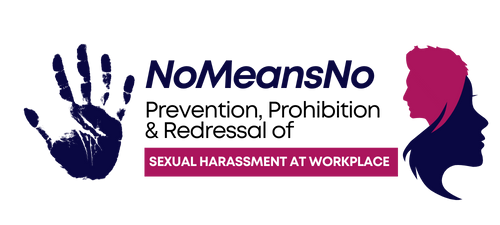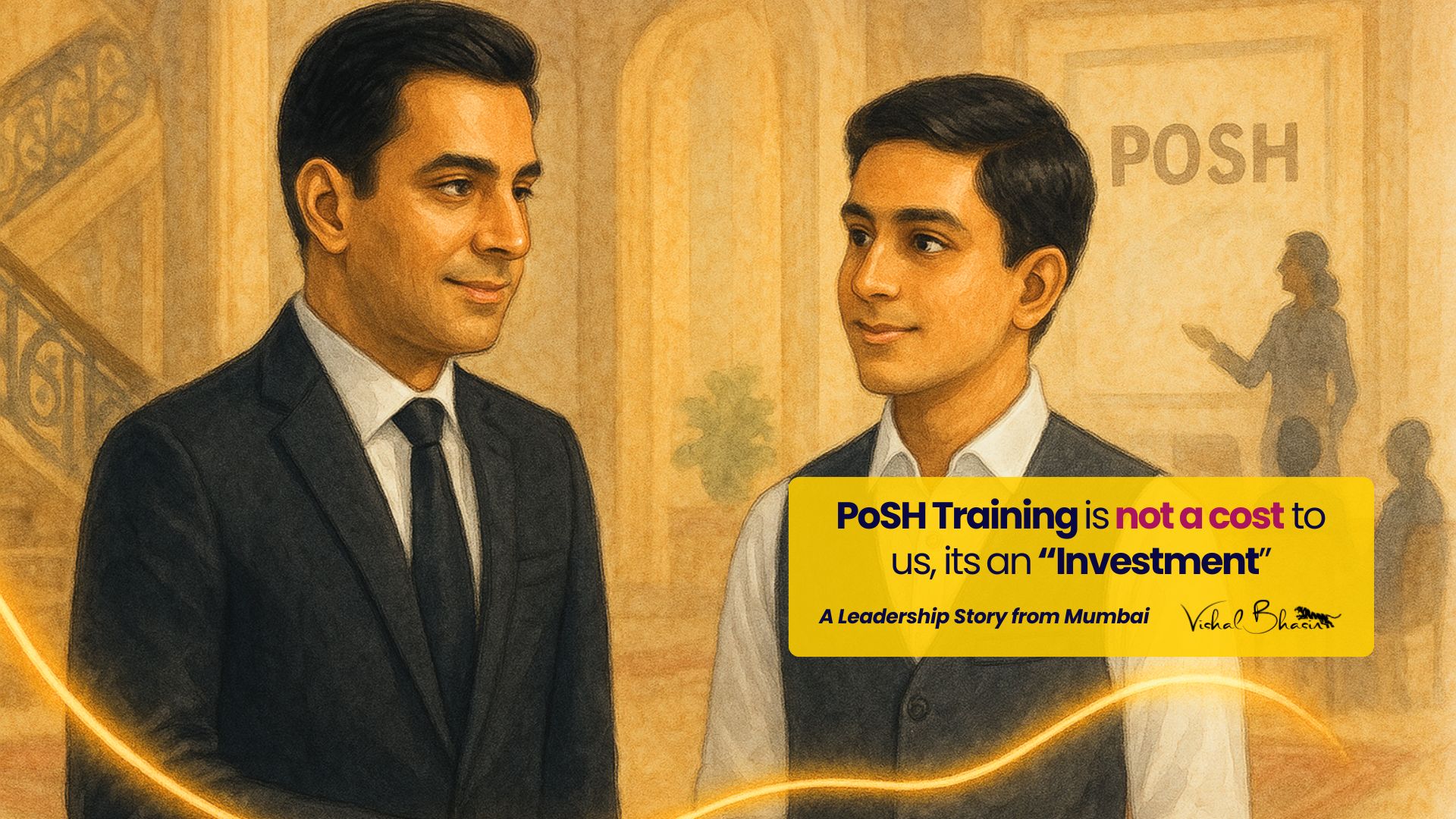When POSH Becomes Practice: A Leadership Story from Mumbai
It was meant to be just another three-day work trip to Mumbai—short, packed, purposeful. I was invited to a newly launched, truly beautiful property to conduct sessions focusing on internal communications and multiple awareness trainings. Among these, the spotlight was on POSH training—a subject close to my heart and central to the work I do.
Over the three days, the energy was high, the conversations were rich, and the participants—many of them young professionals at the beginning of their hospitality careers—were curious, engaged, and open. As always, these sessions reminded me of why awareness is the foundation of a safe workplace. And then, as I wrapped up the final session and began preparing for the journey home, came the unexpected twist: flight canceled due to ongoing airspace disruptions. It meant an extra day in Mumbai. I could have seen it as a delay or a disruption, but what happened next transformed that extra day into something deeply meaningful.
With a bit of free time, I found myself in conversation with the General Manager of the property. And that’s where the heart of this story lies. In those few moments, in his words and presence, I saw what leadership truly looks like when it’s rooted in clarity and intent. Speaking of his team, he said something that will stay with me for a long time:
“When I see my team, I see young people who have left their homes— often in small towns or villages—seeking to build a future here. Many of them will be the General Managers of tomorrow, either in this hotel or elsewhere. It is my responsibility to ensure they work in a safe environment. If, God forbid, something were to happen, I must be able to meet their parents’ eyes without guilt or shame. I owe them that safety.”
and then came the words that felt like poetry to a POSH trainer’s ears: “POSH training is not a cost to us. It’s an investment.”
There was no performance in his tone, no rehearsed line. It was a reflection of his personal ethos and his unwavering sense of accountability—not just as a professional, but as a human being. His words echoed a belief I’ve always held: that culture isn’t built through manuals or mandates. Culture is mirrored, modeled, and magnified by those at the top. When leadership is driven by compassion and conviction, that spirit flows through the entire organization.
As if to reinforce this message, later that evening, I received a call from the HR team. They had heard I was staying an extra day. “Would you be open to doing a few more POSH awareness sessions for people who couldn’t attend earlier?” they asked. Myheart quietly smiled. This wasn’t just a tick-the-box moment. This was ownership. This was presence. This was walking the talk.
And of course, my answer was a wholehearted yes. Because how could I say no to a team that saw this extra time not as a break, but as an opportunity to include more voices, educate more people, and extend the reach of our shared commitment to workplace dignity?
The next morning, I found myself sipping coffee, getting ready for another round of sessions. But this time, it felt different. It wasn’t about the agenda. It was about honoring the invisible thread that connects people who care about the spaces they create. A leader who doesn’t just delegate compliance, but lives it. An HR team that doesn’t wait for direction but leads with initiative. And a group of young professionals who deserve nothing less than a safe, nurturing space to grow into their best selves.
As I reflect on those extra hours, I realise how much they gave me. A reaffirmation of purpose. A real-world example of how POSH compliance isn’t just about avoiding liability—it’s about investing in people. It’s about creating trust. It’s about the deep, often quiet work of building culture one conversation at a time.
So often, we talk about policy as paperwork. But in moments like these, we’re reminded that POSH is not a policy—it’s a practice. It’s a lens through which leadership is seen and felt. It’s in the way we train, the way we speak, the way we follow up, and the way we show up when no one is watching.
That day in Mumbai, culture wasn’t spoken about. It was lived. And for that, I’m grateful.
#NoMeansNo





One Comment
Which is the best training course for POSH ic members